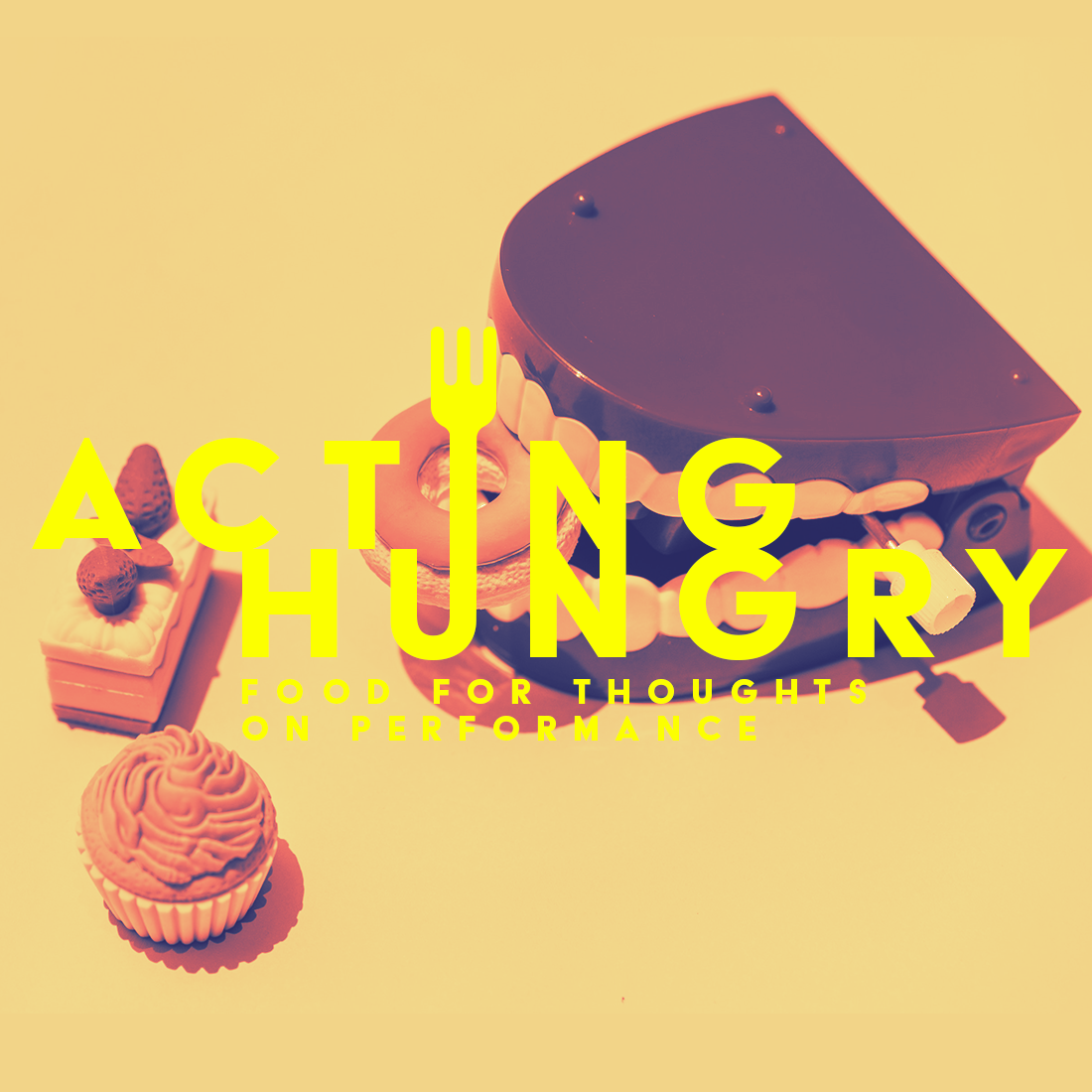KELLEY KIDD
When I began writing with SixByEight Press two and a half years ago, I knew that what I loved most was writing. I’ve always known this about myself. As young as the age of 6, I remember being upset when someone else in my class got the Best Writer award, and i only received Best Storyteller. When I traveled with my family, I wrote whimsical stories and created new mythologies. As I started to age into preteen-hood and discover a greater range of emotions, I started to explore moody writing. In college, I derived a masochistic joy from weekend nights spent drinking too much coffee and losing myself in an essay (though I might not have said that at the time). Writing has always been my method for exploring my ideas and my sense of self.
Despite this, I’d always experienced an embarrassed reluctance around calling myself a writer. Writers were people who practiced their craft with a consistency I could never nail down. Scribbling my feelings and writing bad poems about my heartbreak didn’t make me a writer. Writers got paid, pursued careers, or just had things to say beyond what I could think to communicate.
Writing, and more so editing, for SixByEight Press has been one of the most significant elements in shifting that self-image. I have so much love for this publication, because it has empowered me to practice, to share my voice, and to explore the different ways it can sound. It has helped me to strengthen my practice of writing. Writing with SixByEight allowed me to hone my sense of style and identity — and then to play with something new again. Over the last two years, empowered in no small part by the love, support, and minds of Natalie, Swedian, and Nora, I’ve completed National Novel Writing Month once, written something nearly every day, and filled nearly 6 journals. I now fearlessly and lovingly call myself a writer.
Even more beautifully, SixByEight has allowed me to pay this forward, to empower others to share their voices. As an editor, I have had the honor of connecting others to a platform for their stories and ideas. Alongside this incredible team, I have been able to share a thoughtful and intentional feedback process that I know supports me in creating better work than I would on my own. This issue of creative writing feels symbolic of the way I have been able to bring my own interests into SixByEight and been so beautifully supported by this team. When I began editing, I started to request space for more creative work, and the rest of the team created the space for it. Now, I feel moved and honored to be closing my time as an editor with a fully creative issue.

After two years of editing and getting to share this gift, I feel pulled to commit more fully to the realm of my own writing. This month, I had the joy of getting on a stage and reading my writing to a group of mostly strangers at San Francisco’s Cliterary Salon — my first professional writing experience. I’m delighted to get to share the piece I read below.
My intention is to lean fully into this passion, emboldened by the support SixByEight has given and will continue to give my writing practice. I am thrilled to be passing over editorship to my dearly beloved friend Alex Reale, who has formerly been featured here as a writer. I look forward to trading places with her, turning future writing in on time to my beloved editors, and continuing to be part of the amazing and inspiring work that SixByEight does.
Ursula’s Lament
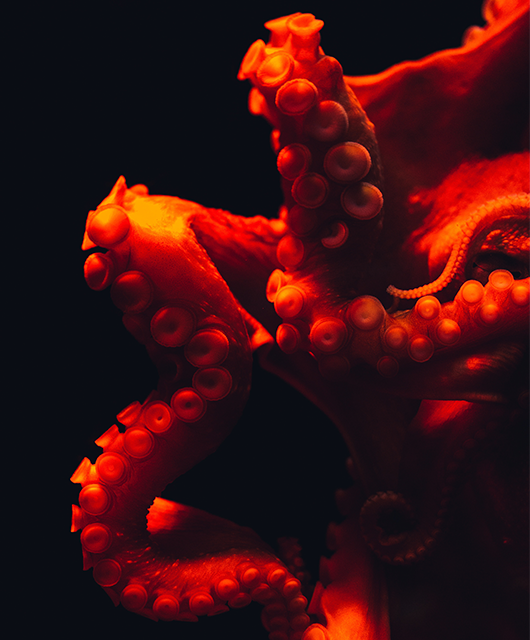
Ursula curled a tentacle around her red lipstick and applied it in the mirror, with two of her arms still draped over her guest. His fingertips traced the rim of one of her suckers and he tugged on the tip of her tentacle. Her two affectionate tentacles reveled in the touch, playfully wrapping around his arm and tugging on his hair. Her face, though, remained passive. She smirked at him in the mirror and blew him a kiss, “Time for you to go, precious. I have other appointments to attend to.”
He hesitated, cocking his head at the tentacle that had rolled over and started to nuzzle him like a cat. Sometimes it was too evident that her many arms had minds of their own. She tugged a bit too forcefully on the one that had bent itself into a shape not dissimilar to a puppy whining at the door — ”buh bye, now,” she purred as she hooked her seashells back on, making sure he saw her breasts squeeze up into them just as he left.
“Who’s next, boys?” Her two eels floated silently in and swirled into the shape of a heart.
“Oy. Send ‘em in.”
Ursula spent more of her time than she would care to acknowledge utilizing her extensive magical prowess to help merwomen get laid and pop out fish-based babies. They believed she was giving them access to true love. When she tried to warn them that they were giving away more than they were getting, they heard it as the rants of a crazy, fat feminist. Inevitably, though, they came back to complain that her price for this short-lived sense of worth had been too high for the payoff.
Though they would never be caught dead with her in public, these women recognized that Ursula held the power they were looking for. She ate what she wanted, fucked who she wanted, and was generally free to do what she wanted. Her only real limitations were those enforced by the shaming looks people gave her when she swirled her voluptuous tentacles through town seeking the odds and ends that supported her magic.
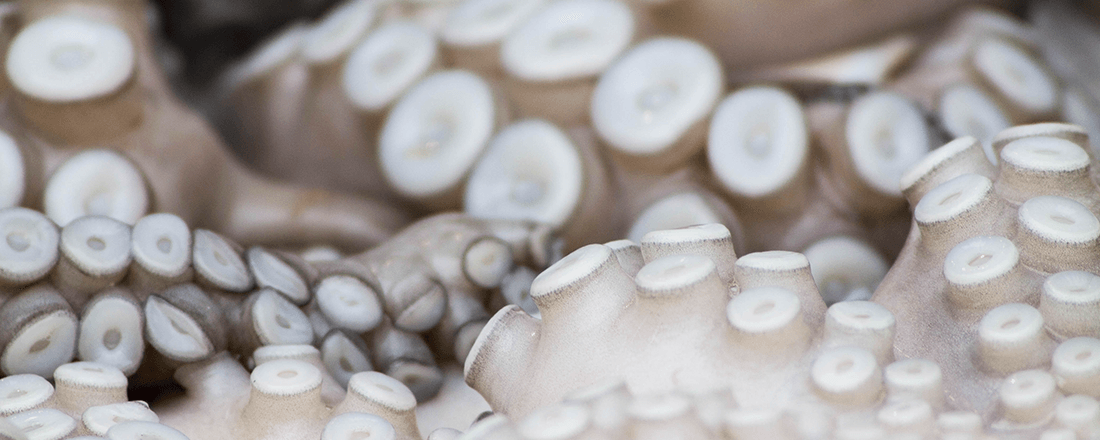
Ursula had learned young that power was a zero sum game.
Growing up as a maidservant, she watched wealthy merwomen glide through the sea as though they hadn’t a care in the world. But, woven invisibly into the fabric of palace women’s lives, she witnessed the maneuvers they used to bring each other down.
The young girls spent their time cross-checking each part of their bodies against that of all the other girls they knew. They dissected one another’s appearances, picking each other apart into composite pieces for comparison. The more areas there were to compete in, the higher a girl’s chance of finding somewhere she could win.
Over time, these discussions grew up, but were never outgrown.
Ursula would serve tea to elegant ladies and duchesses, and listen to them chitter about one another, detailing their flaws and faux pas at length. She watched the merwomen with the thick, flowing hair exchange eye contact and smirk into their tea, silently mocking the too thin or too curvy women who giggled too loudly. They would coyly hint at their respective romances, measuring and calculating their worth in direct proportion to how many more men wanted them than any other woman at the table. They used seduction to seal this sense of worth, and then quietly demolished other women’s reputations for doing the same.
Nearly invisible to these women, Ursula was also privy to their private lives. She quickly realized that, due to the shape of her body and her status — safely below theirs — they trusted her in a way they couldn’t trust anyone else around them. She, necessarily, accepted them as they were and so they could lament their tough choices to her. They would talk at her as she held their makeup palettes, applied their make-up, and laced their seashells. Seashells are not a particularly forgiving wardrobe. She spent many hours in her days assuring women that their tails curved just enough, that the shell strap didn’t dig into their back fat, and that of course she wouldn’t mention to their fathers how many meals they’d handed back untouched.
Watching these women drain themselves and one another of nourishment, she knew there had to be another option.
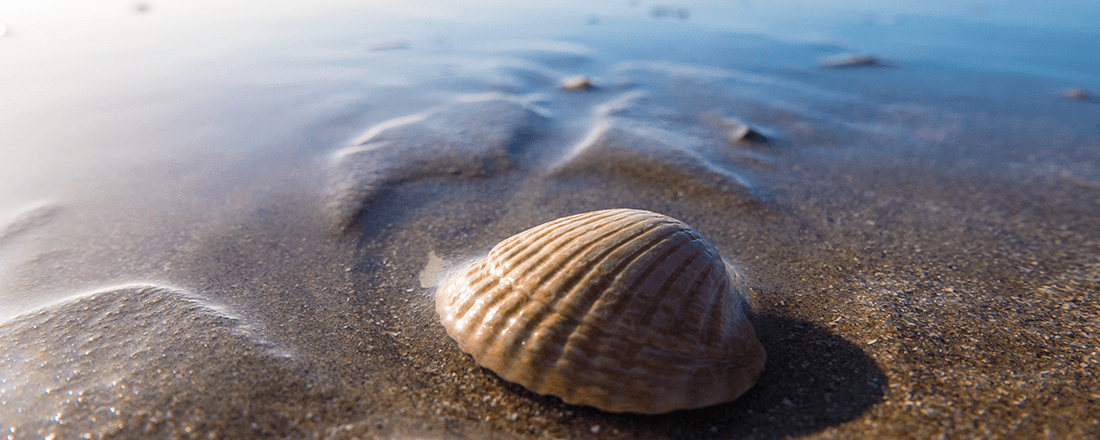
As a maidservant, Ursula had never been exposed to the discussions of men, and she wondered how they treated these considerations.
As an octopus, she was also remarkably skilled at hiding.
She began to reshape herself into vases, desks, and corals in order to listen in on the men in their classes and councils.
She found herself in a whole new world, with an entirely different focus. The boys learned to wrestle and fight — their conflict and power struggles were explicit, often playful, and even celebrated. Where the girls learned singing, sewing, and beautifying, the boys learned the structure of the ocean.
They even, she discovered, learned how to channel this knowledge into magic.
She watched the boys fumble through enchantments in their classes. Only a handful ever really grasped any, but those that did quickly rose to positions of power. Real power. The kind that squabbles over eyebrows could only dream of approximating.
Ursula was instantly seduced.
Curled beneath desks or behind bookshelves, she began to attend as many classes as she could. Like many octopuses, her mother had died shortly after her birth, so she had an abundance of unsupervised time to practice. She was thrilled to find that her 8 dextrous legs with endless fingertips served her far more effectively than the 2 clumsy human hands of the young mermen.
After quickly outpacing the male students, she began suctioning herself to the roofs of the royal sorcerer’s caves to watch the subtleties and precision of their practice. Each of these viziers had his own craft and had been drawn to a particular element of magic. The potion makers were precise and measured in their work, while spellcasters were energetic and unpredictable. All of them, she saw, aligned to a different awareness of the sea around them.
She emulated this, got to know the ocean personally. She came to adore the grace of her round, tentacled body and its dance with the currents. Each of her tentacles had always had a personality of its own — something that had primarily caused her trouble. They had always expressed themselves most voraciously with mocking gestures in the presence of authority figures or excessive affection towards the young men she found attractive.
Now, though, each tentacle seemed to develop its own area of study and knowledge. She would feel each of them tingling, alive with energy, in the presence of distinct types of magic. As she started to practice what she witnessed, they would surprise her, collaborating in ways she would not comprehend until months later. She came to trust the wisdom of her body beyond that of her mind.
The more strength she accessed in herself, the more it tortured Ursula to listen to the women around her.
She waited, patiently, honing her magic gradually and lovingly, for the ascension of a new king.

Coronations were theatrical affairs. The prior king would have been warned years ago that his successor had been found. The King-to-be would be groomed and taught the skills that lent themselves most handily to the throne. A battle would be staged, choreographed, and played out to demonstrate the superior magical power of the new student. As the crown was lifted to be passed from the old King to the new, there was a moment of opportunity for any challengers to step in. Much like “speak now or forever hold your peace,” this was generally perceived to be a formality, but the laws dictated that it must be honored if a challenger appeared.
The laws, however, did not speak to the gender of that challenger, or to their species. In spite of herself, Ursula had naively hoped that this loophole would work in her favor. It had not. Though the guards had not overtaken her when she stepped forward to challenge the new king, they had driven her out from the castle and the city. They tracked and hunted her until they reached the caves at the outskirts of the kingdom, where her malleable body allowed her to slither into spaces they could not access. The new King, Triton, had sworn to destroy her if she ever returned to the castle.
So, she had created her home here, alongside the other outcasts of the sea. She was well guarded, but she had built ways in and out for herself and her visitors. As the legend of her magic grew, so did the fear of her. But, among those who felt out of place in the structures of the palaces and kingdom, she became a haven. They heard in her story some glimmer of their own, and they sought her out.
To some, like the young men who had just left her bed, she was a safe companion. More often, though, she was sought after by those who believed she could offer them access to the status they saw others fighting for. “I can give you what you ask,” she would tell them, “but it will bring you sorrow. It will rob you of your mind.”
But, they rarely heeded her warning, and it pained her to see their too-familiar longing for freedom. So, she took away the bits of their souls they offered up to her, and fed them to the sea as the price for their beauty.
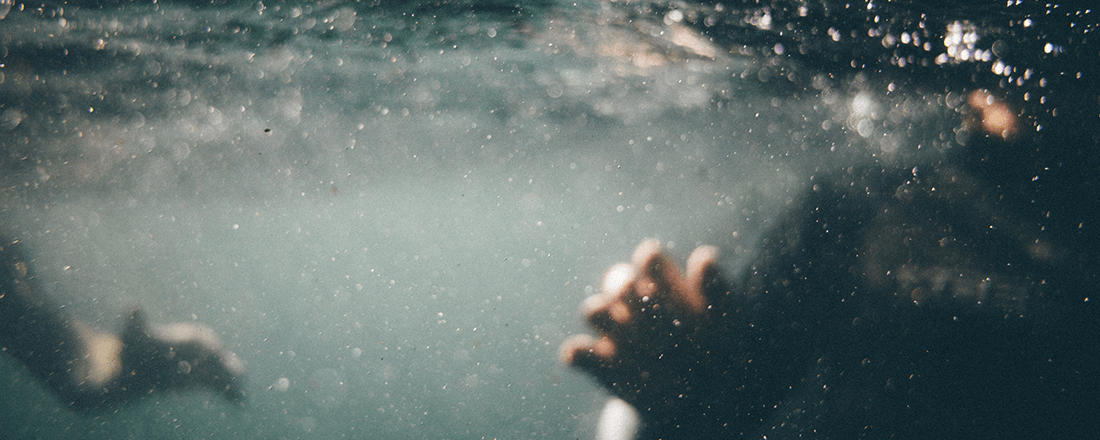
As she sat waiting for her next guest to enter, she stared at herself desperately in the mirror, trying yet again to fathom some way things could be different.
Out of the corner of her eye, she saw a billow of red.
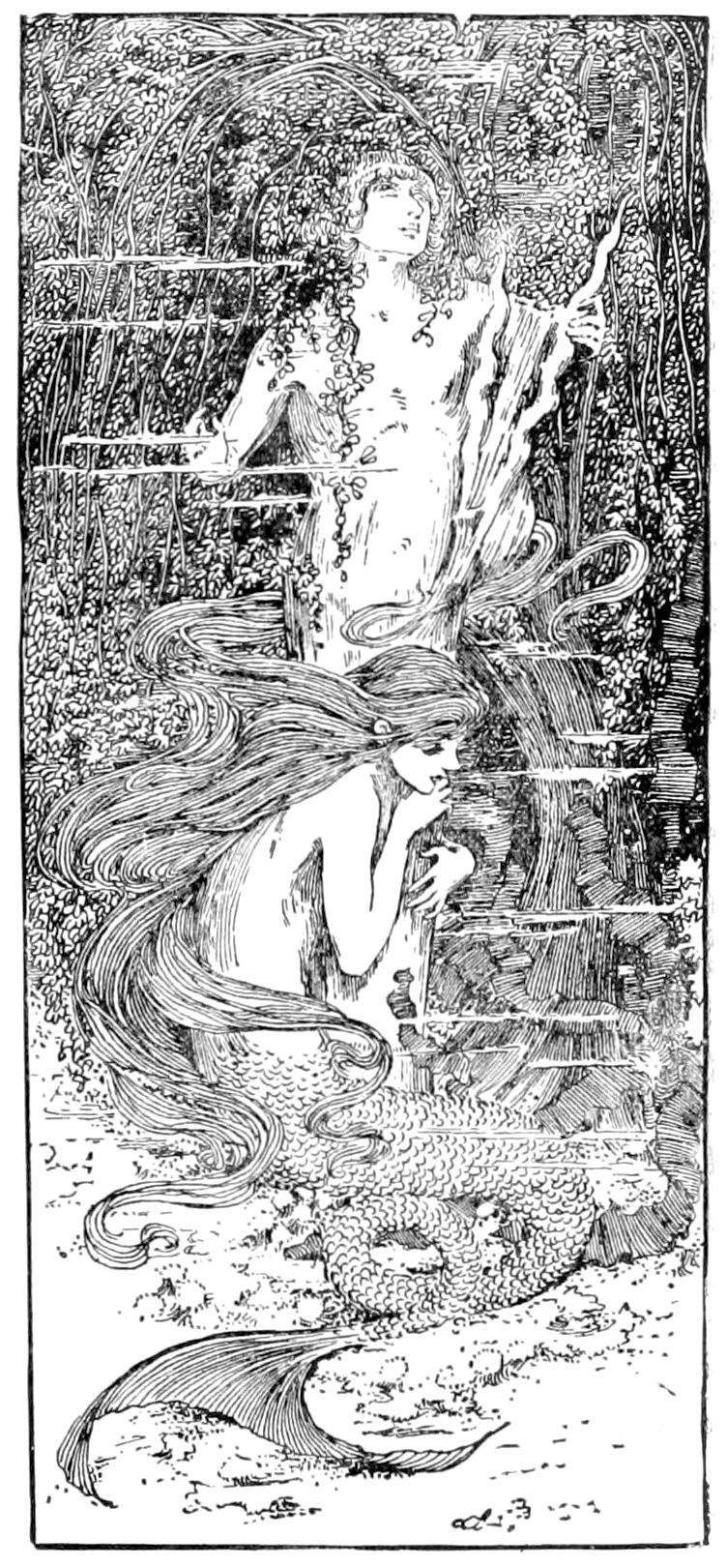
c. 1899 “The Little Mermaid” illustration by Helen Stratton from The fairy tales of Hans Christian Andersen | Source: Wikisource
She turned around and froze to see, standing before her, Triton’s daughter. The most beautiful creature the sea had yet to encounter. She had heard the whispers and rumors carried by her bottom feeding friends. She had seen glimpses in the reflections that the sea sometimes showed her. But in person, the girl was truly breathtaking. What more could someone like this possibly want?
“How can I help you, my dear?” Ursula asked.
And the girl recounted a story Ursula had heard thousands of times, since her days growing up in the palace. If she could only have the man, the one just out of reach, maybe Ariel would feel like enough.
“The cost to transform someone so completely is no trifle,” Ursula warned, “To become something else for this human, you will lose who you are. You will give away your voice. You may never be able to see your family again.”
The girl was defiant, stubborn.
She knew this was the way to escape the web she was bound by in the castle.
And Ursula wondered — if Triton saw his own daughter caught in the same trap that Ursula had known and witnessed her whole life, if it became real to him the way it had for her, perhaps, just maybe, something might be different.




